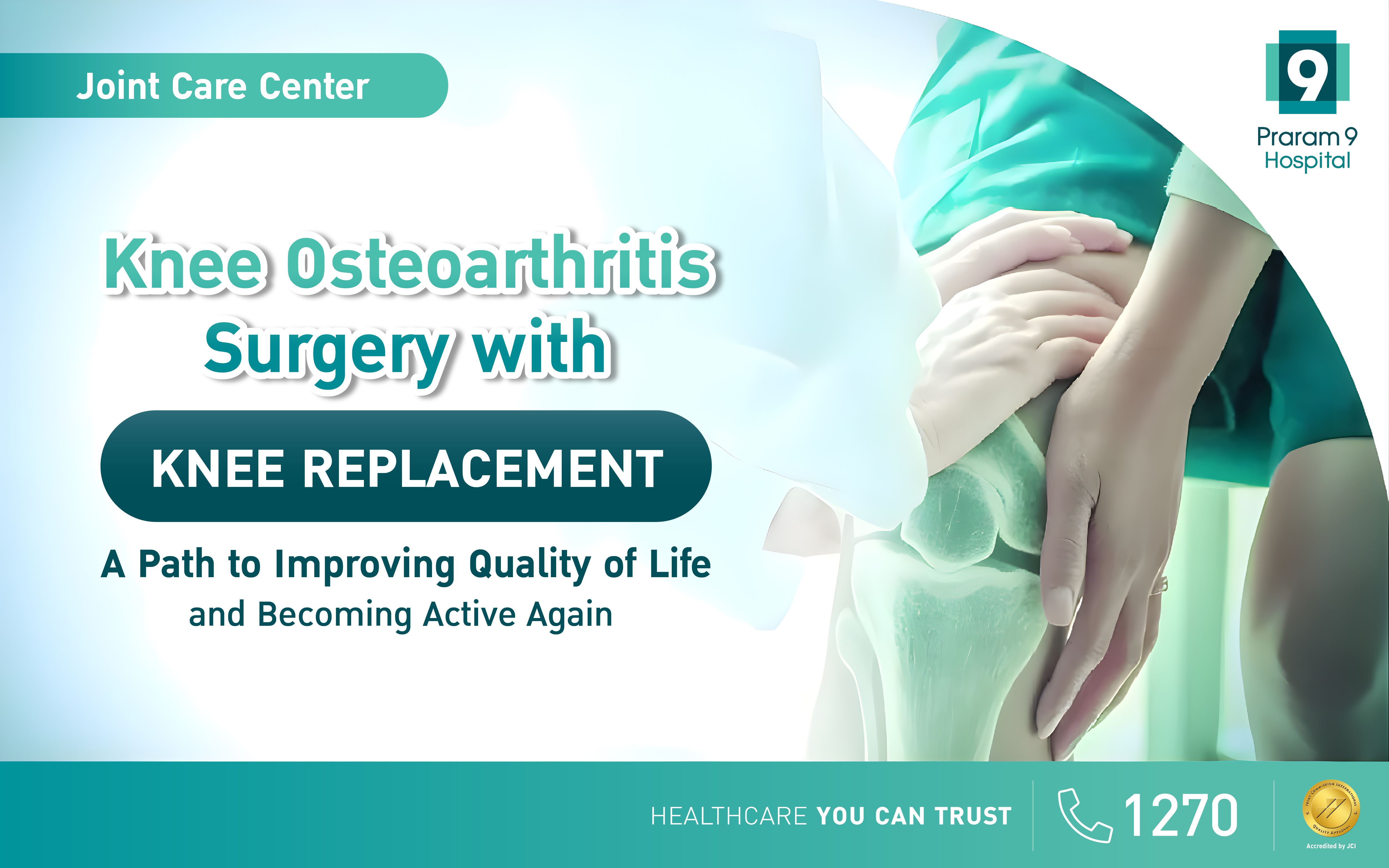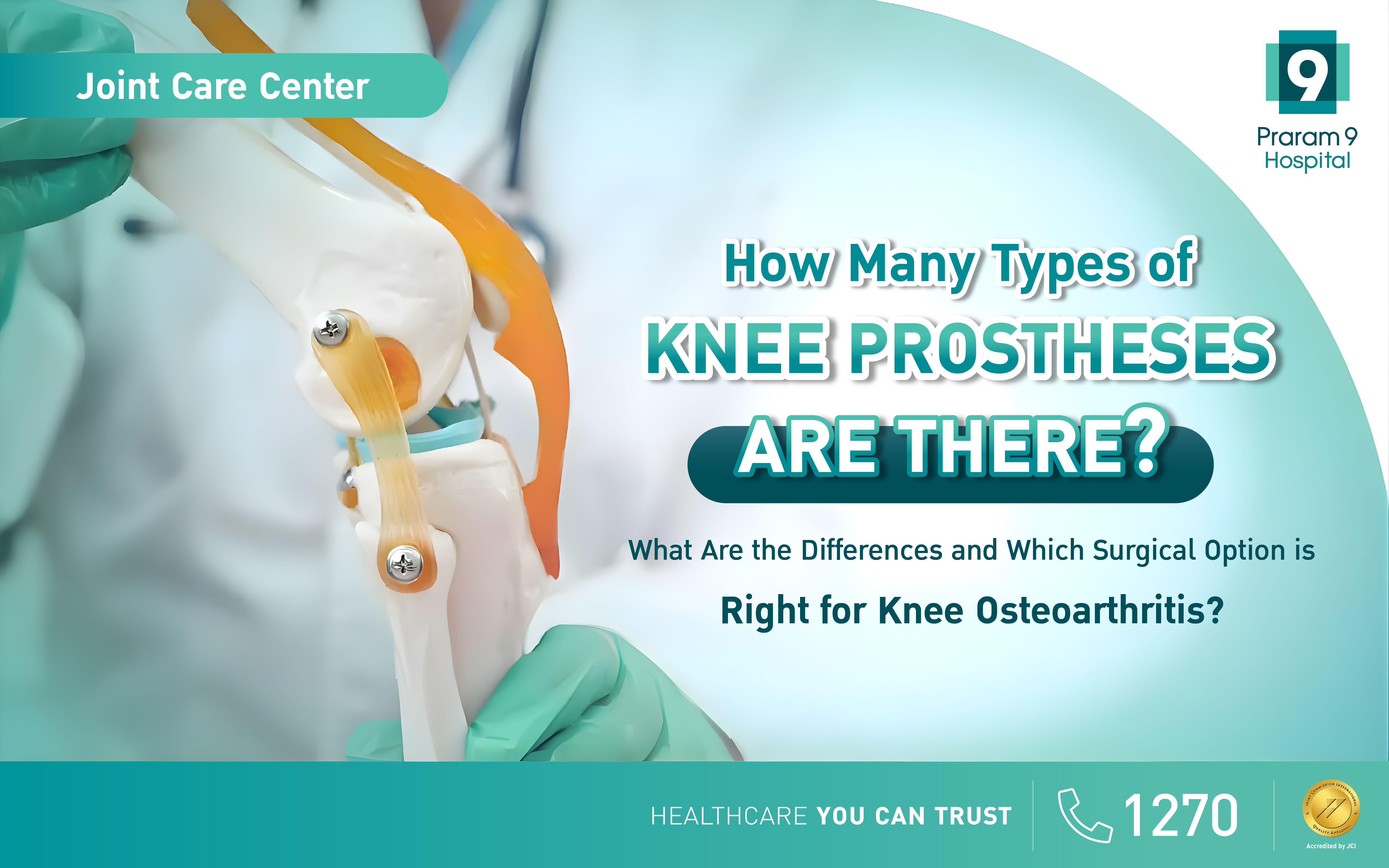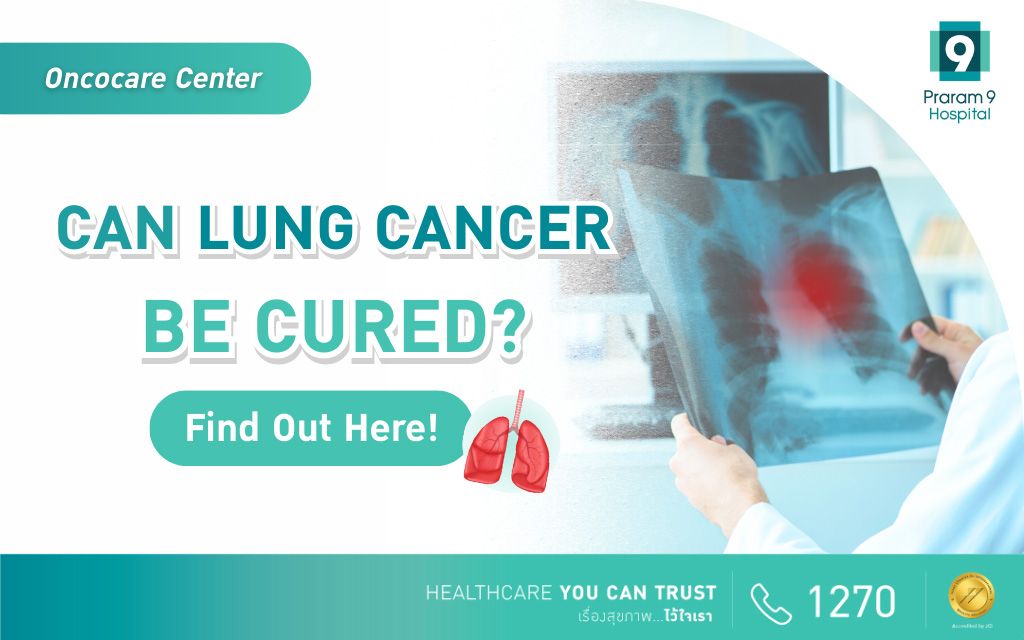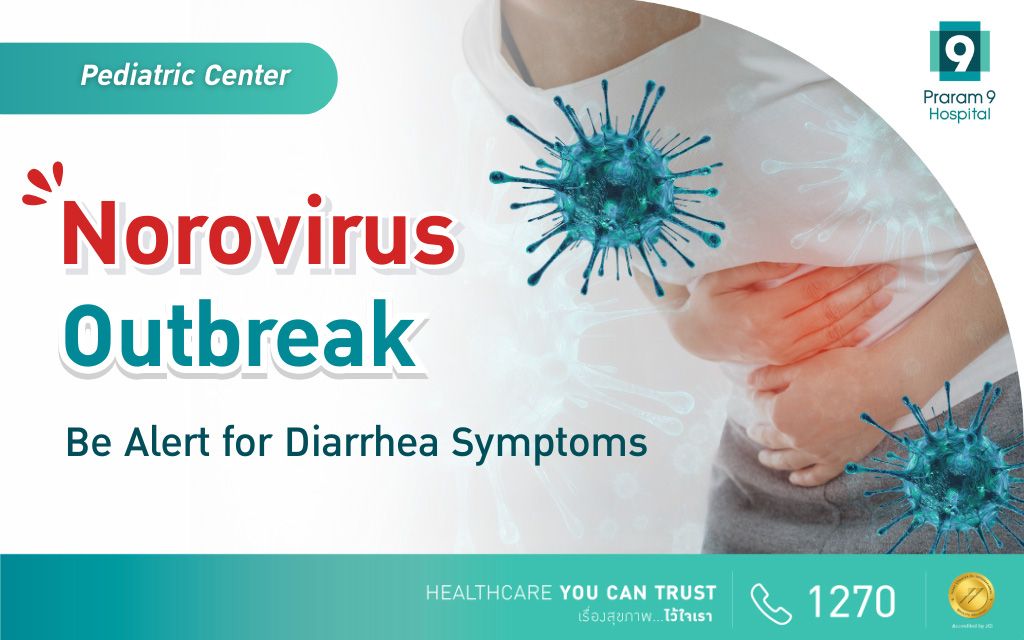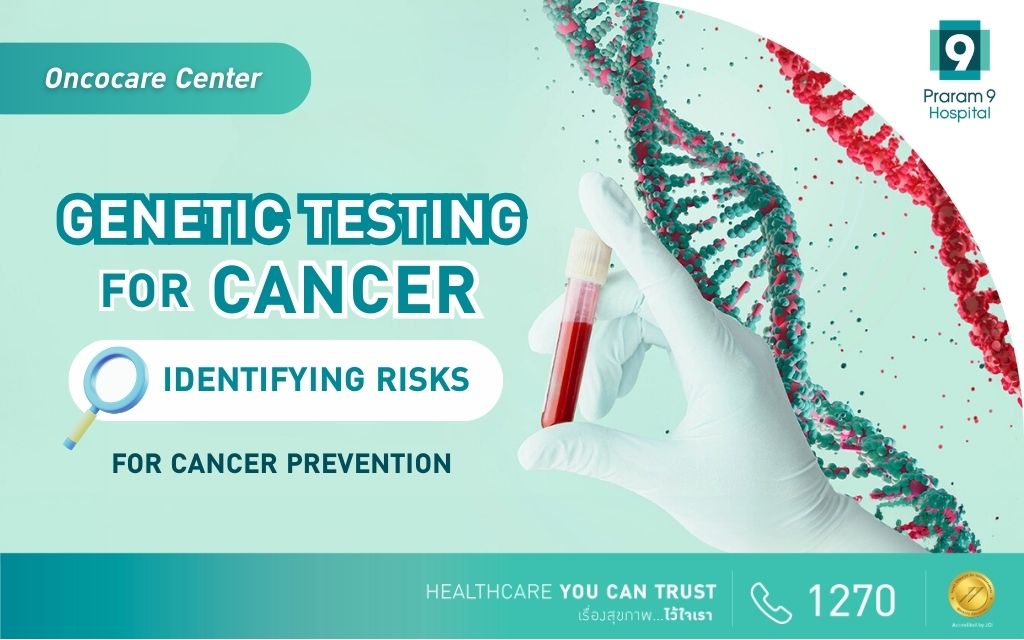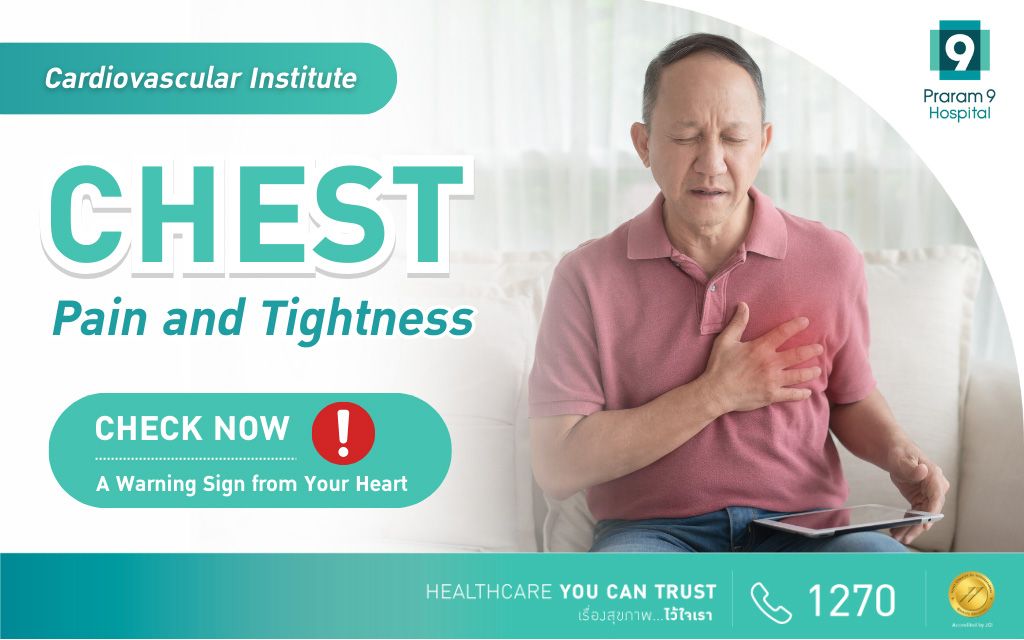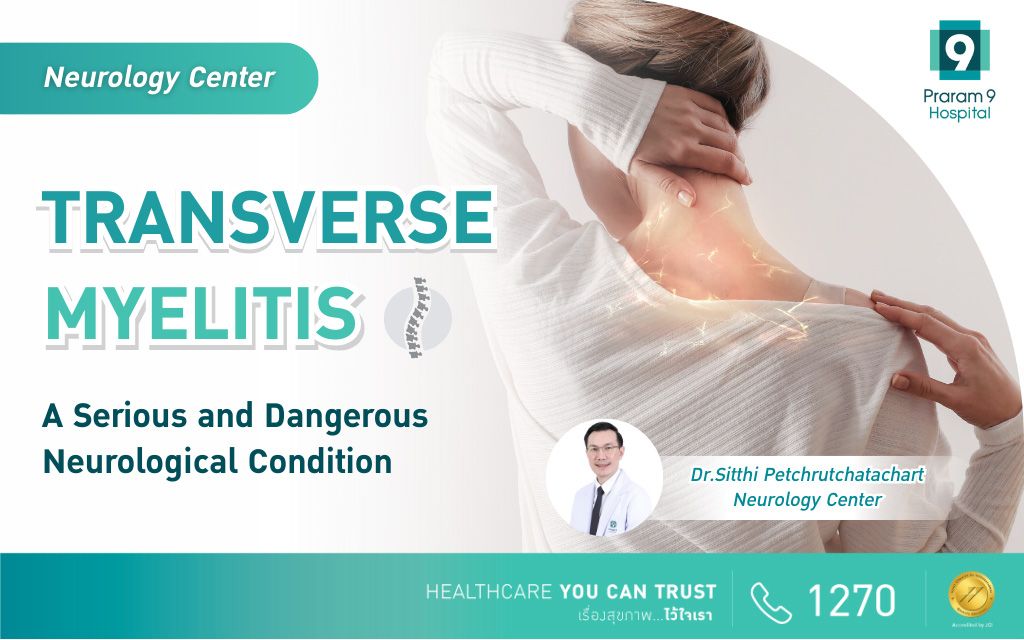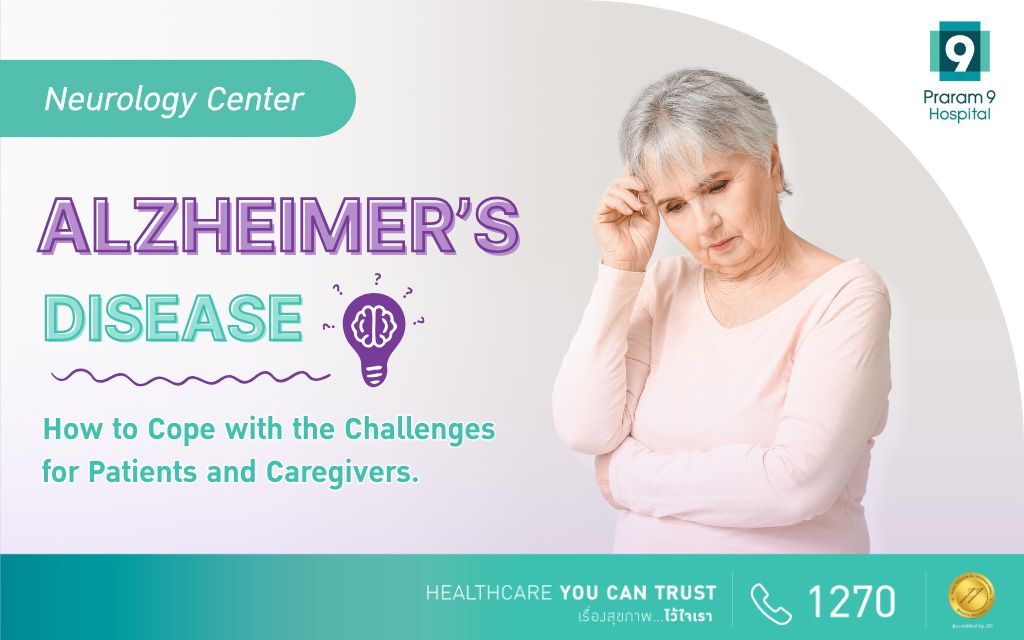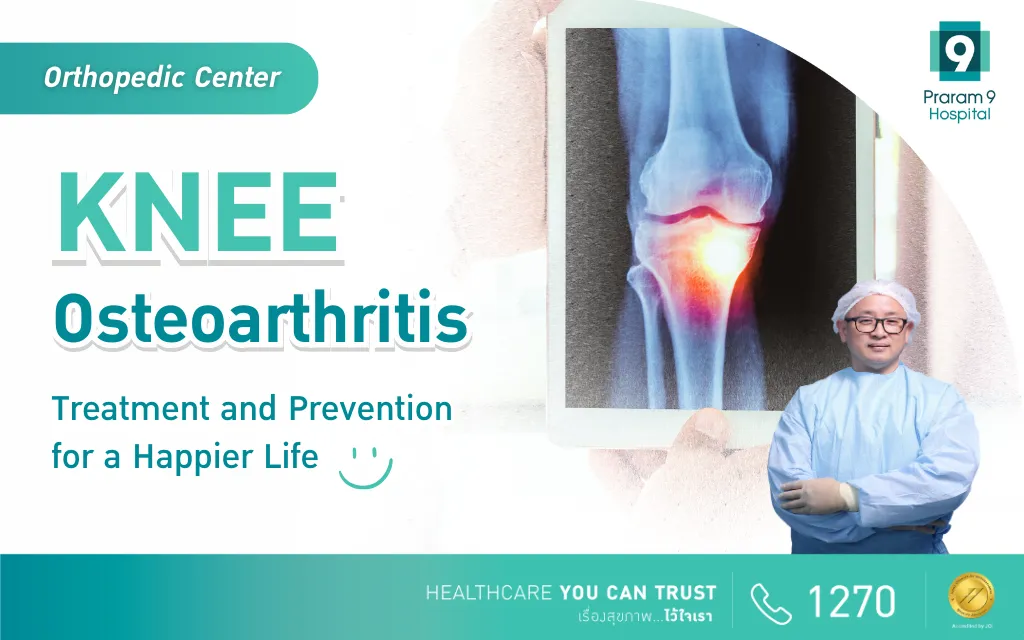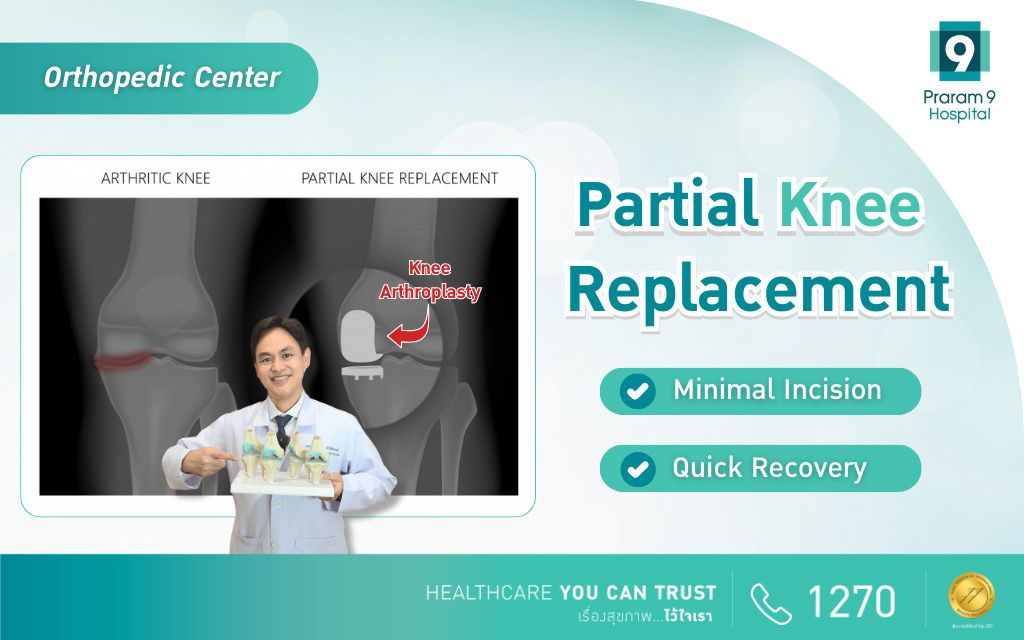Health Articles
Knowledge
Self-care for patients with heart failure
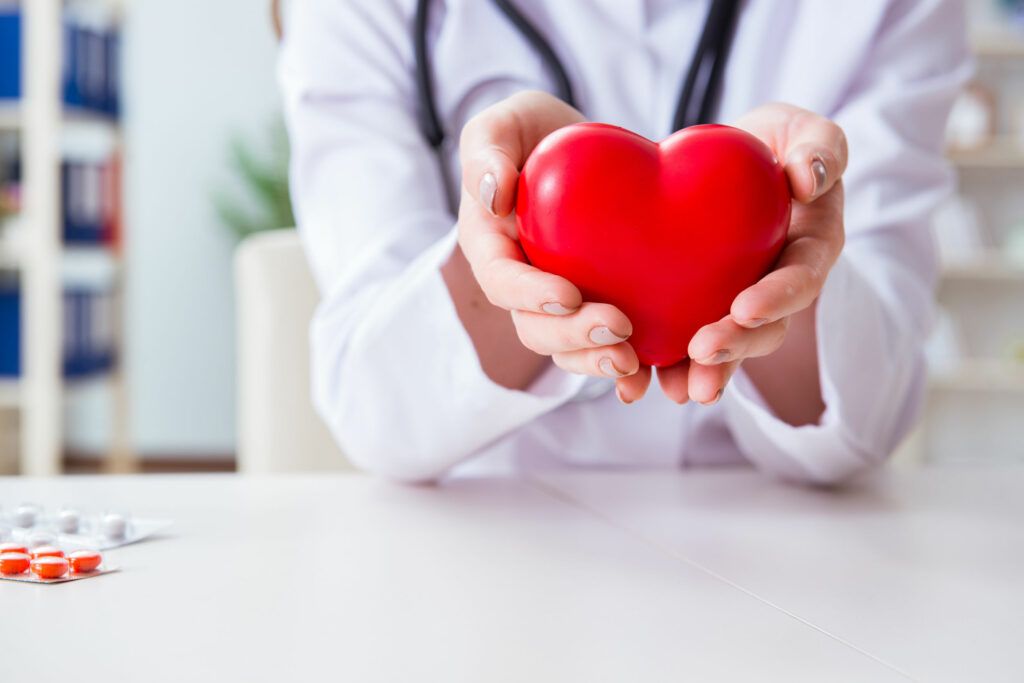
- Learn about the symptoms of edema, which are weight gain, swelling, fatigue, unable to lie down, or gasping for breath at night. If the symptoms occur, inform the doctor or nurse who provides the treatment.
- Weigh your own weight and make a record every day or at least 2 times a week in the morning. After having a bowel movement, weigh yourself before having breakfast because an increase of body weight of more than 1 kilogram from previously within 1-2 days (or 2 kilograms within 3 days) shows a condition of edema.
- Limit the consumption of sodium (2-3 grams per day). Avoid having salty food, canned food, and preserved food. Do not add salt, fish sauce, or soy sauce. Limit the quantity of drinking water according to the treatment plan.
- In case of overweight, lose weight because an increase of body weight will cause the heart to work harder. In case of losing appetite, nausea, vomit, uncomfortable, fullness, or weight loss of more than 5 kilograms within 6 months or BMI is less than 22 kilograms/square meter, frequently eat light diet little by little to prevent malnutrition.
- Abstain from smoking and limit the drinking of alcoholic drinks to not exceeding 1-2 glasses per day or completely because alcohol can reduce the heart function and cause degeneration of heart muscles.
- Get proper exercise regularly, which is walking on flat ground from 2-5 minutes per day for 1 week. Then, increase to 5-10 minutes per day or enter a cardiac rehabilitation program. If feeling weak, fatigued, and uncomfortable, abstain from exercising.
- Able to have a sexual relationship if able to walk up 1 floor of stairs (8-10 steps) without panting or stopping halfway because the disease might become worse after having a sexual relationship.
- Take medicine regularly. If any abnormalities are found, which are the side effects of the medicine, consult the doctor before stopping the medication at all times. If buying oral medicine from the drugstore, consult the doctor about the side effect towards the heart and kidney and the reaction with other medicines that are used for treatment.
- Reduce stress by using various methods, such as proper exercise and meditation.
- Avoid long journeys that involve sitting for a long time. The patient should not travel alone. If symptoms of heart failure get worse, do not travel by plane.
- Receive the annual influenza vaccine in case of no restriction.
- Come to see the doctor as appointed regularly.
More Information: Praram 9 Cardiovascular Institute
